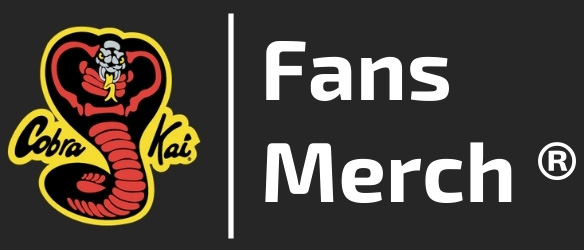The cult classic film “Office Space,” released in 1999, is often hailed as a comedic commentary on the corporate world. But could it also serve as a blueprint for modern-day workplace revolutions? With the evolving dynamics of work in the wake of globalization and the digital age, “Office Space” continues to resonate with today’s workforce more than ever. Its depictions of office culture, employee dissatisfaction, and the quest for meaningful work provide valuable insights into the changes we see in workplaces across the globe.
The Satirical Lens on Workplace Culture
At its core, “Office Space” portrays the dreariness and absurdity of the corporate environment. From the monotonous cubicles to the overbearing management, the film highlights the dissatisfaction that many employees feel in their work settings. This narrative speaks to a broader reality that has inspired many modern organizations to rethink their structures and cultures. Today, businesses recognize that rigid, traditional corporate frameworks can stifle creativity and productivity, prompting a shift toward more flexible, employee-centric workplaces. In many ways, the film’s characters epitomize the underlying yearning for a work life that offers both autonomy and purpose.
A Shift in Employee Expectations
Moreover, as seen through the lens of “Office Space,” there is a growing demand among employees for greater work-life balance, job satisfaction, and a sense of belonging in the workplace. The character Peter Gibbons symbolizes the modern worker’s struggle against the constraints of an uninspiring job. This has sparked a movement towards workplaces that foster well-being, inclusivity, and engagement. Modern companies are leveraging this shift to create environments that not only attract but also retain talent by prioritizing the mental health and happiness of their employees. Features like open office layouts, casual dress codes, and wellness programs are embodiments of this revolution that echoes sentiments expressed in the film.
Merchandise and Nostalgia as Tools for Change
The resurgence of “Office Space merchandise,” from iconic quotes to themed apparel, reveals how the film’s themes continue to resonate with audiences. These products not only serve as nostalgic reminders but also become symbols of a collective experience that many employees can relate to. By embracing these cultural artifacts, companies can foster a sense of community and shared values among employees, helping to bridge the gap between individual experiences of dissatisfaction and collective workplace improvement. This merchandise goes beyond mere novelty; it’s a conversation starter that can drive discussions about company culture and employee expectations.
Conclusion: A Call for Transformation
In conclusion, “Office Space” may have been a satirical take on the workplace of its time, but its messaging has become a catalyst for change in contemporary corporate culture. As organizations look to the future, there is a growing recognition that the traditional, rigid workplace is in need of transformation. The film’s legacy, reinforced through its continued popularity and merchandise, encourages us to reflect on what we can do to create better work environments. By embracing the lessons from “Office Space,” companies have the opportunity to redefine what it means to go to work, thus shaping a brighter, more fulfilling future for employees everywhere.

